How Rafah borderline lays bare fissures between Egyptian govt, people on Israel
By Hasan Sharafeddine
Rafah, the border crossing between the Gaza Strip and Egypt, where "all eyes are" today, has been in the news lately amid the Israeli regime’s genocidal crimes against Palestinian civilians inside camps.
The border crossing in the southernmost part of the besieged territory has grabbed headlines since October 7, 2023. This crossing, which once linked two old and friendly nations, is a reminder of the long history of the pro-Palestine Abdel Nasser era in Egypt.
Amid the events unfolding in the besieged Palestinian territory, where nearly 37,000 Palestinians have been killed in the past eight months, the Rafah crossing has not been outside the war zone.
The Israeli Occupation Forces (IOF) have repeatedly targeted the area, closed the crossing, and prohibited any humanitarian aid from entering the territory, using starvation as a weapon of war.
Since May 7, the IOF has taken full control of the crucial crossing from the Palestinian side and even launched attacks against the Egyptian side, resulting in the killing of an Egyptian security officer.
While the Egyptian government says it is “investigating the event”, trying to avoid tension as the country's officials are acting as "mediators" for a truce deal between the IOF and the Palestinian resistance, they are also trying to avoid escalation with the US to keep the money flowing.
According to Sakina Datoo, there has been a change in the people's minds around the world, with Israel increasingly seen as a pariah regime.
— Highlights (@highlightsnews1) June 8, 2024
Follow Press TV on Telegram: https://t.co/7h1TYY0mG1 pic.twitter.com/YxIUimPTCq
Legal and historical background
After the 1979 Egyptian-Israeli so-called “peace” treaty, known as the “Camp David Accords,” the crossing in Rafah was turned into a border.
Before that, Rafah was an undivided city, linking the Egyptian and Palestinian people together. However, Cairo’s “normalization” pact with Israel made this city a borderline rather than a linking point.
The Age, an Australian newspaper, in a report at the time, said the “great irony” is that Rafah “was united by war and now will be divided by peace.”
Since then, the Israeli regime and Egyptian authorities have destroyed much of the city’s central district to carve out a buffer zone along the border to serve their common interests.
However, despite pacts like “Camp David” and “Philadelphi” between the Egyptian administration and the Israeli regime, the Israeli military has continuously violated the terms of these deals.
The European Union withdrew its acting administrators from the area in 2007, and the crossing remained shut more often than it was open between 2015 and 2022, much before October 7, 2023, as revealed by reports from the UN Office for the Coordination of Humanitarian Affairs (OCHA).
“Restrictions on the movement of people and goods to and from Gaza have undermined the living conditions of Gaza's residents for years. Many of the current restrictions, originally imposed in the early 1990s, were intensified in June 2007, following the Hamas takeover of Gaza and the imposition of a blockade by Israel,” one of the OCHA reports stated.
“After a gradual easing, they intensified again with the escalation of hostilities in October 2023.”
Palestinian nurse in Rafah traumatized after finding out a number of her relatives were injured and murdered in an Israeli airstrike #GazaGenocide pic.twitter.com/0Cux7ptexg
— Palestine Highlights (@PalHighlight) June 8, 2024
The authorities divide, can the people connect?
As part of the latest genocide perpetuated by the Israeli regime in Rafah, followed by the shooting of an Egyptian security officer on the Egyptian side of the Rafah border, people around the world have been reacting, condemning, or sharing pictures of the crime, such as the “ALL EYES ON RAFAH” campaign.
But, what goes beyond having eyes on Rafah, especially in Egypt?
Historically, the Egyptian people have supported Palestine and the resistance against Israel. However, authorities in the country have a different stance, still convinced of the “peace” agreement and that official Egypt’s role is “mediation” and filing lawsuits at the ICJ and the UN General Assembly, contrary to the Arab country’s role before 1979, during the time of Abdel Nasser.
Despite the Egyptian officials’ “peaceful” approach to repeated escalations, a significant number of Egyptian people still believe in the resistance against the IOF in line with Abdel Nasser’s legacy.
This belief has been reflected in many areas, from social media to statements on Egypt's official media and even on the battlefield, from Suleiman Khater’s heroic act in 1985 over the borders to Ayman Hassan’s operation in 1990 in Sinai, to Mohammed Salah’s operation in Sinai in 2023, and the “Altahrir” (Liberation) Brigades, Mohammed Salah Group’s operation against Sev Kepir, the Canadian-Israeli Mossad operator who used his “businessman” title as a cover for his work in Alexandria, Egypt.
Tunisian journalist Wajdi Ben Masso’d, after the “Altahrir” Brigades’ operation on May 9, 2024, called it as “The rise of an anti-normalization movement evolving from the Egyptian revolution.”
He analyzed the group’s announcement and actions as “more than an improvised commando operation, but rather a complex, previously studied and prepared operation from a movement with a steadfast ideology with accurate intelligence and observation strategies.”
Furthermore, experts on Egyptian affairs see this group as a reflection of the people’s anger and disgust at the Egyptian government’s humiliating stance on normalizing ties with the regime, and also as a reinstatement of officer Mahmoud Noreddine’s “Egypt’s revolutionary movement”resistance act.
Americans call for protests as Netanyahu set to address US Congress in July pic.twitter.com/ohARClAab0
— Press TV 🔻 (@PressTV) June 7, 2024
Ball is in Egypt’s court: What will happen next?
The Egyptian authorities have always handled these heroic acts as a “security breach” or “individual acts of terror-related to Islamist movements.”
But the situation is different after the latest incident, the killing of the Egyptian officer and his humble funeral that the state authorities tried to limit to prevent massive uprising against the government.
There are rising voices inside Egypt demanding that the government take more substantial actions rather than just “bilateral talks” with the US and lawsuits at the UN General Assembly.
People in the country have pinned high hopes in the movement “Altahrir” Brigades, but the question remains: can these acts continue and prevail to bring back Abdel Nasser’s Egypt?
Israel kills 2 more Palestinians in West Bank
Economic complexity: A missing link in Iran’s resistance economy
Israel ramps up propaganda blitz, allocates $150 million to gloss over genocide
Hind Rajab Foundation files case in Argentina against Israeli soldier who fled Brazil over Gaza
VIDEO | London demo condemns Israeli attacks on Gaza healthcare system
US Historical Association condemns Israel's ‘scholasticide’ in Gaza
US allows transactions with HTS administration but keeps sanctions in place
Resistance ‘growing’ despite ups and downs, remains ‘impervious’ to bombardment: Iran FM


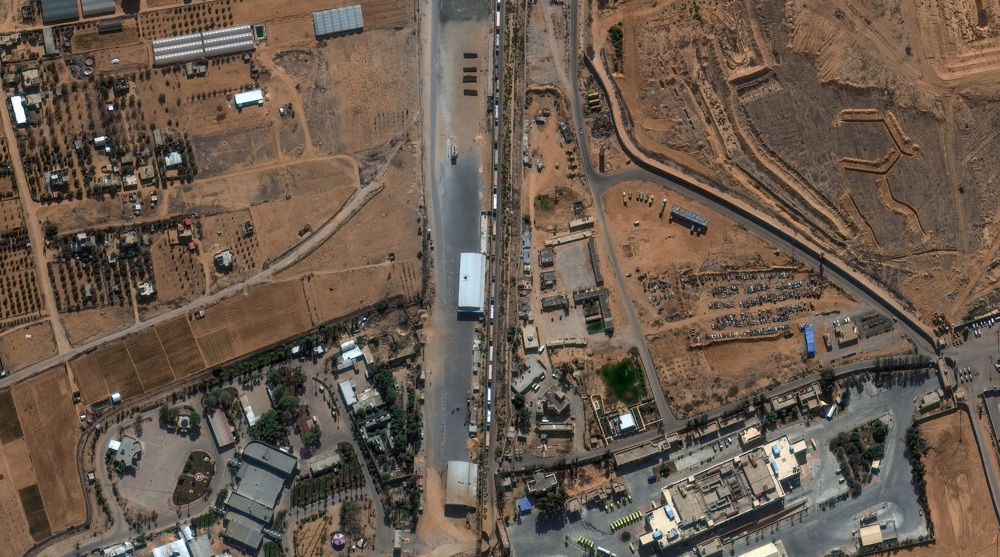
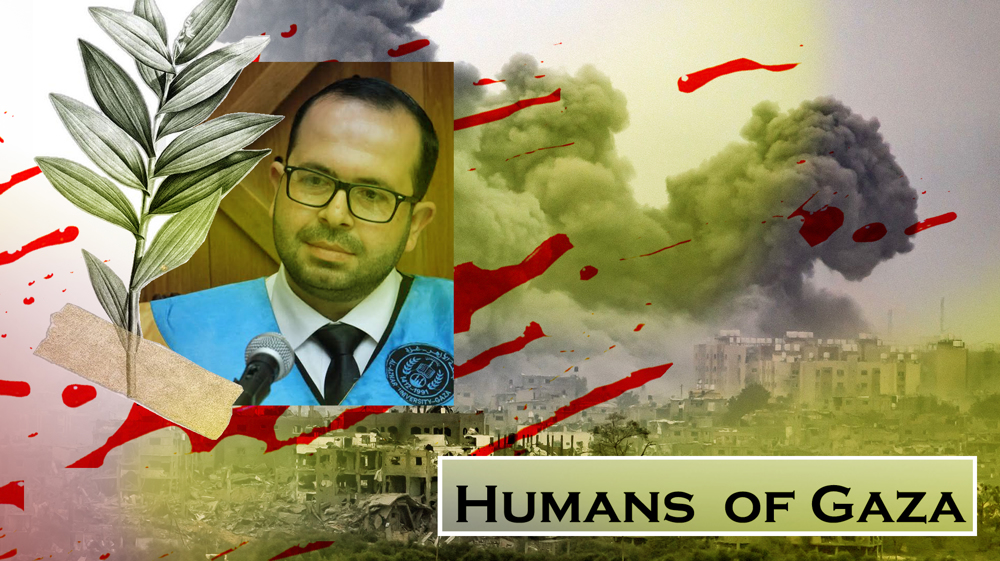
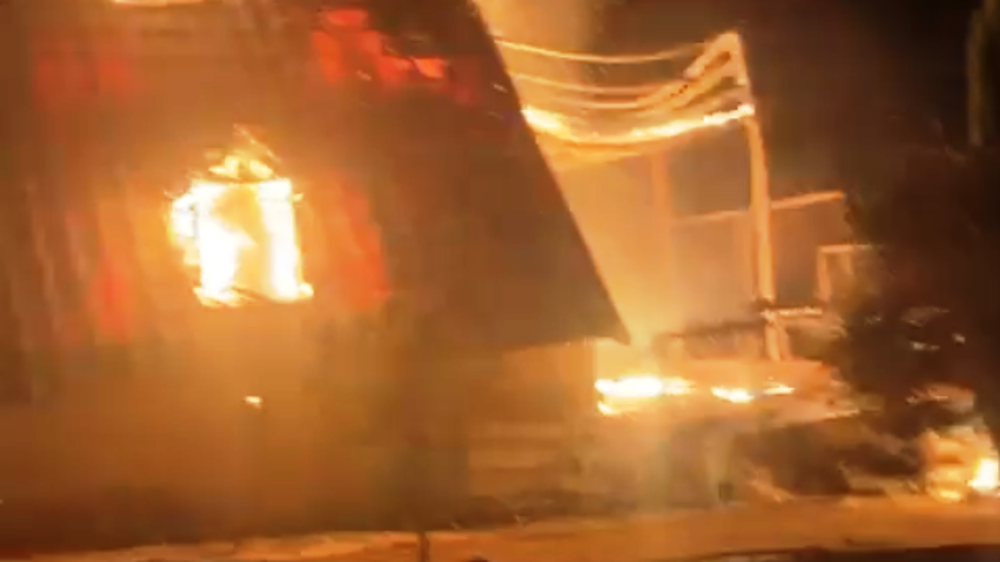
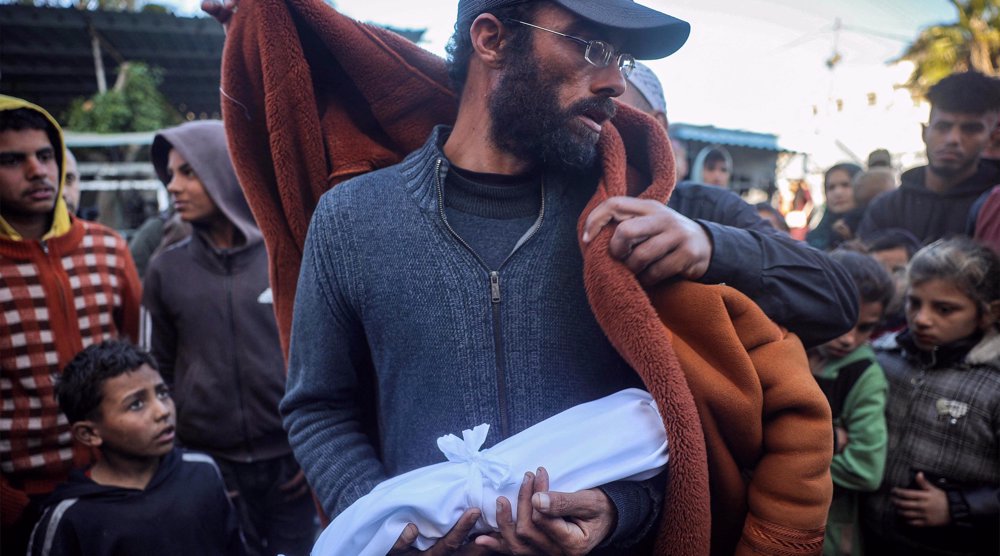



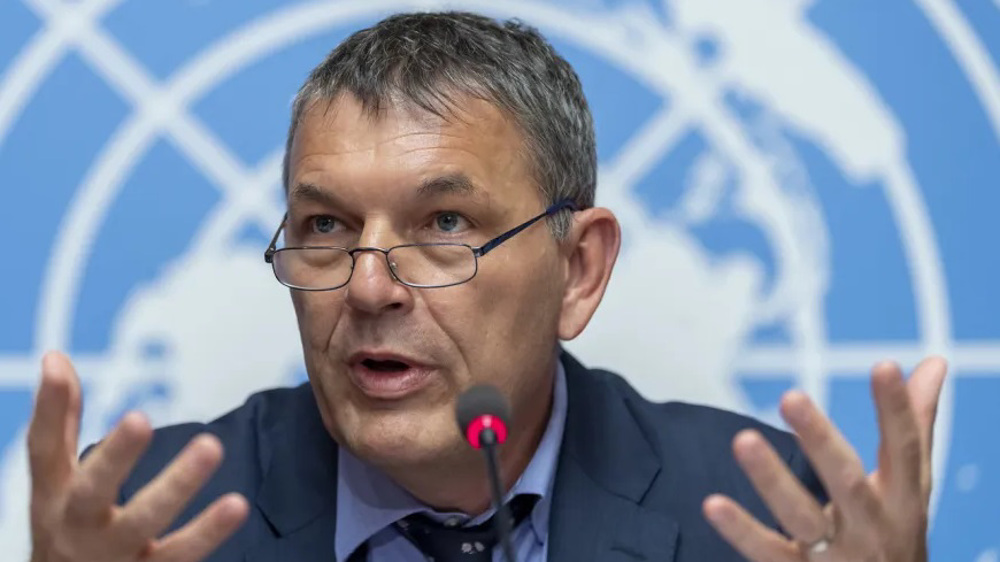
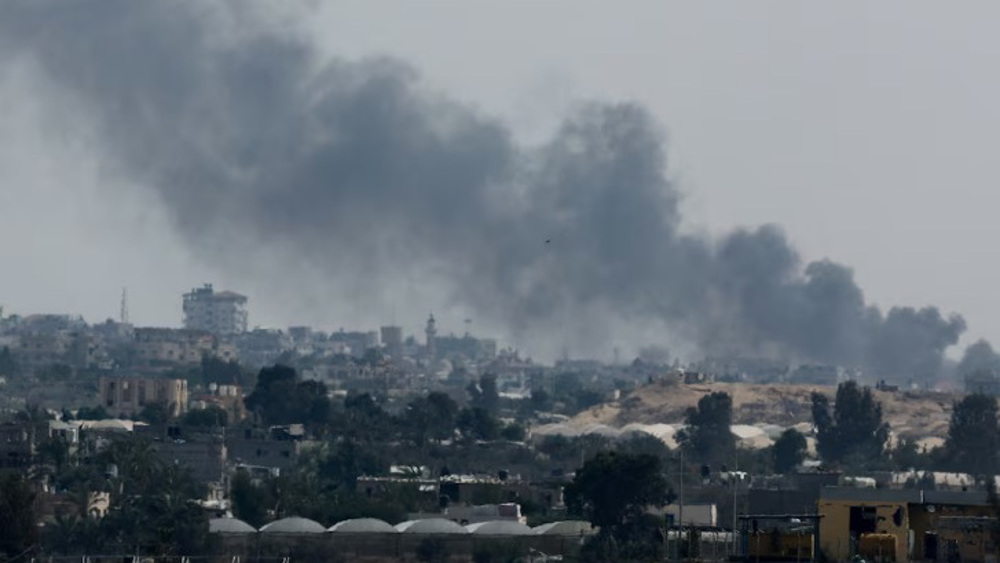
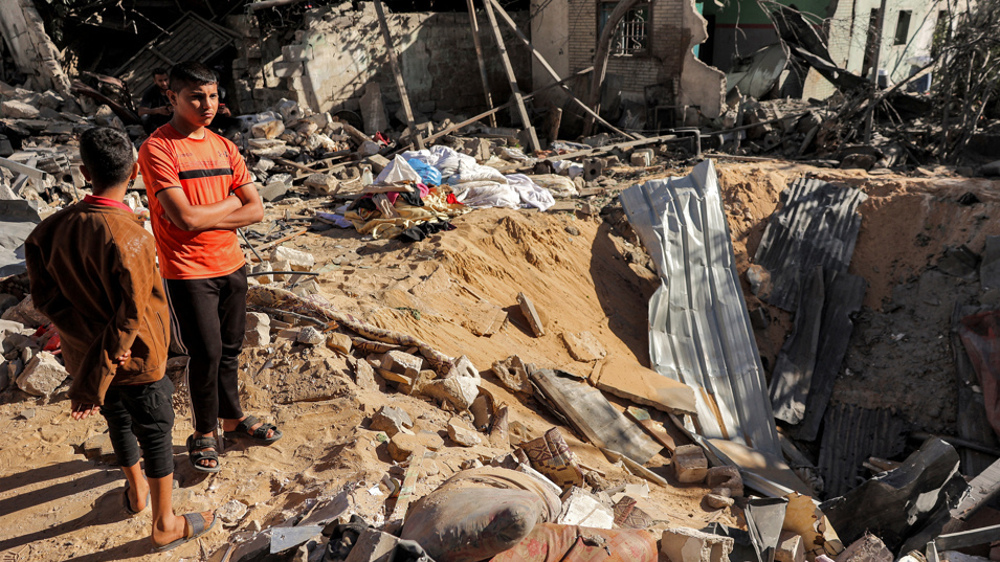
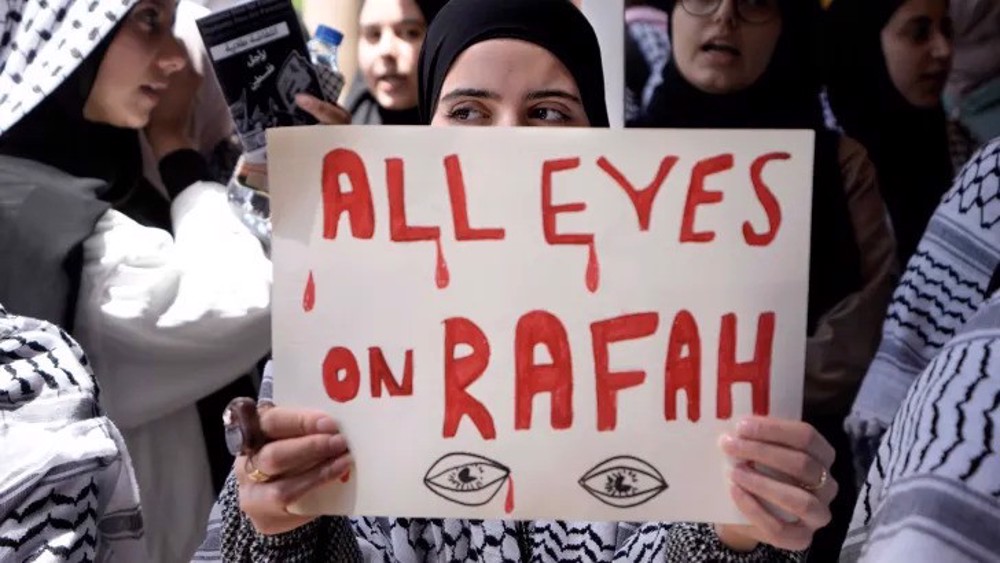
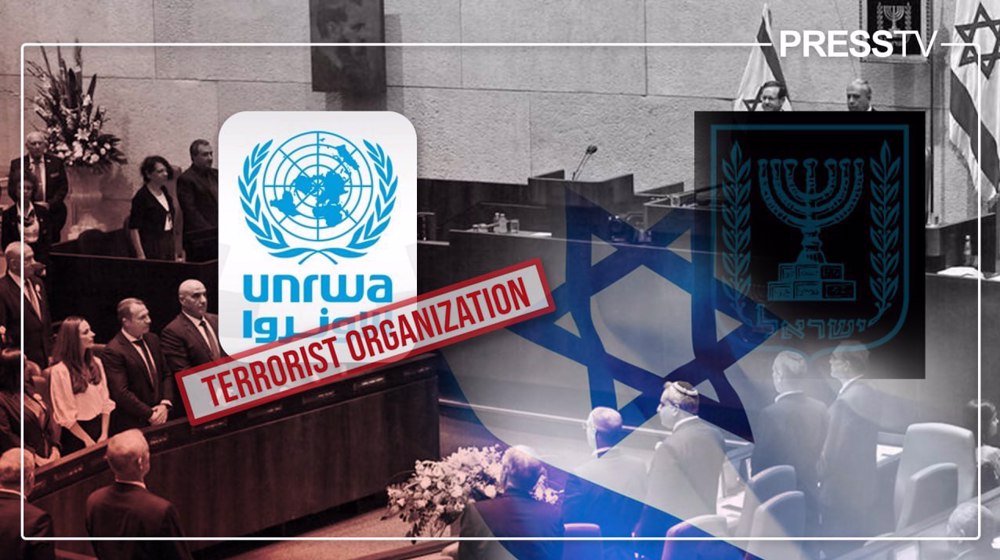

 This makes it easy to access the Press TV website
This makes it easy to access the Press TV website